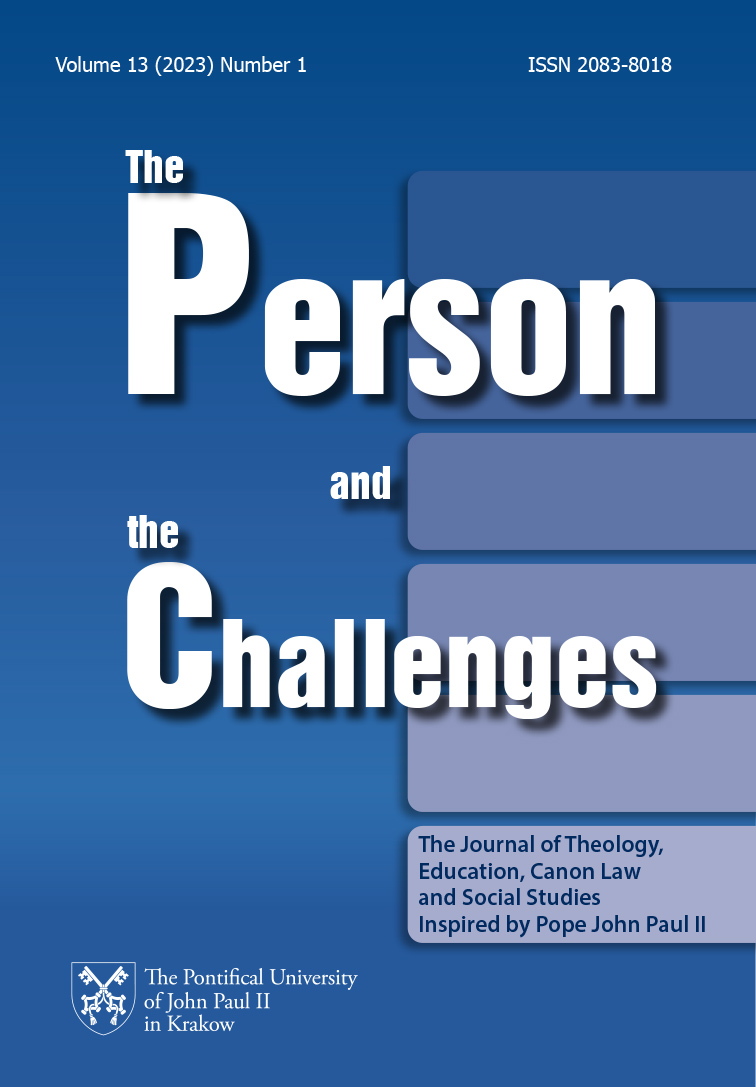The Cult of Franz Joseph I and the Imperial Family in the Schools of Autonomous Galicia
DOI:
https://doi.org/10.15633/pch.13117Keywords:
Emperor Francis Joseph I, Galicia, Galician schooling, didactic and educational processAbstract
The autonomy gained by Galicia in 1867 and its practical effects, largely contributed to the emergence of a specific cult of the Austro-Hungarian Emperor Franz Joseph I. The myth of the “good ruler” began to function in Galician society. The Habsburg family, i.e. his ancestors and the ruler’s family, were also part of the cult. School, education, and upbringing played an important role in developing emotional attitudes towards the monarch. Numerous school celebrations to honour the emperor, his ancestors and family members, as well as the ones connected to the history of the monarchy, were intended to systematically instil in the pupils respect and appreciation for the ruler and the state. School textbooks did the same. Furthermore, the Emperor’s visits to various schools in Galicia, which took a very solemn and festive form, reinforced this cult. Franz Joseph I and his family also appeared in other circumstances, for example as patrons and benefactors of schools. The dissemination of the cult of the Emperor among Galician youth was supervised by the central Galician educational authority in the form of the National School Council.
References
Sources
MWiO rescript of October 6, 1898 on the name day celebration of the late Empress Elisabeth, Journal device RSK, No. 7 from 1898.
XXX report of the management of the c. k. higher real school in Lwów for the school year 1903, National Fund circulation, Lwów 1903.
XII report of the management of the c. k. higher real school in Tarnów for the school year 1915/16, National Fund circulation, Tarnów 1916.
Report of the management of the c. k. gymnasium in Gorlice for the school year 1916/17, National Fund circulation, Gorlice 1917.
VI report of the management of the c. k. higher real school in Zywiec for the school year 1916/17, National Fund circulation, Żywiec 1917.
Report of the management of the c. k. gymnasium in Bochnia for the school year 1916/17, National Fund circulation, Bochnia 1917.
st report of the management of the middle school in Gródek Jagielloński for the school year 1916/17, National Fund Publications, Lwów 1917.
Report of the Director of the c. k. gymnasium of Nowy Dwór or St. Anne for the school year 1881, National Fund circulation, Kraków 1881.
Report of the management of the former secondary school II in Rzeszów for the school year 1916/17, Rzeszów 1917.
Report of the management of the c.k. gymnasium in Lviv, Sim. Franz Józef Iza school year 1883, Lviv 1883.
Report of the management of the c.k. gymnasium in Lviv, Sim. Franz Józef Iza school year 1885, Lviv 1885.
Studies
Fac L., „Nasz Przemyśl”, styczeń 2009 (Nr 52), https://przemysl.pl/50446/nasz-cesarzfranciszek-jozef-i.html (25.01.2023).
Hołda R., „Dobry władca”. Studium antropologiczne o Franciszku Józefie I, Wydawnictwo Uniwersytetu Śląskiego, Katowice 2008.
https://cieszyn.naszemiasto.pl/znalazla-sie-tablica-z-pomnika-franciszka-jozefa/ar/c1-5878737 (17.01.2023).
Juśko E., Rada Szkolna Krajowa i jej działalność na rzecz szkoły ludowej w Galicji (1868-1921), Wydawnictwo Diecezji Tarnowskiej Biblos, Lublin–Tarnów 2013.
Kochnowski R., „Przy Tobie Najjaśniejszy Panie stoimy i stać chcemy”…monarchia habsburska w polskiej myśli politycznej 1860–1914, Kraków 2009.
Majorek Cz., Projekty reform szkolnictwa ludowego w Galicji u progu autonomii (1860–1873), Zakład Narodowy im. Ossolińskich, Wrocław 1980.
Majorek Cz., Historia utylitarna i erudycyjna. Szkolna edukacja historyczna w Galicji (1772–1918), Państwowe Wydawnictwo Naukowe, Warszawa 1990.
Nowolecki A., Pamiątka podróży Franciszka Józefa I po Galicji i dwudziestodniowy pobytu jego w tym kraju, Wydawnictwa Czytelni Ludowej H. Nowoleckiego, Kraków 1881.
Ochenduszko T., Leksykon kadry kierownicza gimnazjów galicyjskich w okresie autonomii, Koraw Publishing House, Rzeszów, 2015.
Ruta Z, Ryś J., I Liceum Ogólnokształcące im Kazimierza Brodzińskiego w Tarnowie do 1939 roku, Oficyna Wydawnicza. Edukacja, Kraków 1999.
Ryś J., Gimnazjum tarnowskie w okresie autonomii galicyjskiej (1862–1918), in: Z. Ruta, J. Ryś, I Liceum Ogólnokształcące im Kazimierza Brodzińskiego w Tarnowie do 1939 roku, Kraków 1999.
Spitzer S., Najjaśniejszy Pan Cesarz i Król nasz Franciszek Józef I, Księgarnia G. Gebethnera i Ska, Krakow 1905.
Downloads
Published
Issue
Section
License

This work is licensed under a Creative Commons Attribution 4.0 International License.
Authors who publish with this journal agree to the following terms:
- Authors retain the copyright and full publishing rights without restrictions, and grant the journal right of first publication with the work simultaneously licensed under a Creative Commons Attribution 4.0 International License that allows others to share the work with an acknowledgement of the work's authorship and initial publication in this journal.
- Authors are able to enter into separate, additional contractual arrangements for the non-exclusive distribution of the journal's published version of the work (e.g., post it to an institutional repository or publish it in a book), with an acknowledgement of its initial publication in this journal.
- Authors are permitted and encouraged to post their work online (e.g., in institutional repositories or on their website) prior to and during the submission process, as it can lead to productive exchanges, as well as earlier and greater citation of published work (See The Effect of Open Access).

